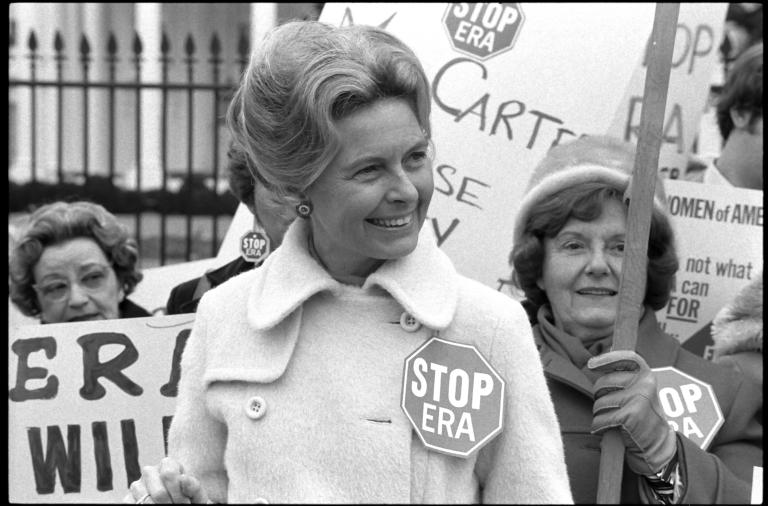
Is history destined to repeat itself? Have we not learned from the damage and failures of efforts like Exodus International, The Moral Majority and others?
In the late 1970s and early 1980s, the United States witnessed the emergence of a powerful political force known as the Moral Majority. Founded by Jerry Falwell, a prominent evangelical pastor, the Moral Majority aimed to mobilize conservative Christians around social issues such as opposition to abortion, pornography, and the perceived decline of traditional family values. However, its influence extended far beyond religious circles, ultimately reshaping the landscape of American politics and leaving a disastrous, lasting impact on marginalized communities, particularly the LGBTQ+ community.
The Moral Majority capitalized on growing societal anxieties and disillusionment with the perceived moral decay in America. Through grassroots organizing, media campaigns, and strategic alliances with conservative politicians, the movement quickly gained traction, positioning itself as a key player within the Republican Party. Its ability to mobilize millions of voters, particularly evangelical Christians, made it a force to be reckoned with in national politics.
One of the key strategies employed by the Moral Majority was the fusion of religious and political rhetoric, effectively blurring the lines between church and state. This intersection of religion and politics not only galvanized conservative voters but also had profound implications for policies and legislation, especially regarding social issues. As the Moral Majority gained influence within the Republican Party, its dangerous agenda began to shape party platforms and candidate selection.
The impact of the Moral Majority’s rise on marginalized groups, including the LGBTQ+ community, cannot be overstated. The movement vehemently opposed LGBTQ+ rights initiatives, such as anti-discrimination laws and same-sex marriage legalization, framing them as threats to traditional values and religious freedom. This opposition manifested in both legislative battles and cultural rhetoric, perpetuating stigma and discrimination against LGBTQ+ individuals.
Does sound like what is happening today??
Furthermore, the Moral Majority’s influence within the Republican Party led to a shift in the party’s stance on social issues, pushing it further to the right. This shift alienated moderate and progressive voices within the party and marginalized LGBTQ+ Republicans, exacerbating divisions within the GOP. As a result, LGBTQ+ rights became increasingly politicized, with the Republican Party often positioning itself as the opposition to progress in this area.
While the Moral Majority eventually waned in influence by the late 1980s, the names have just changed and the influence has only grown. Its legacy continues to shape American politics and society. The movement’s success in mobilizing conservative voters and shaping the Republican Party’s agenda left a lasting imprint on the political landscape, influencing subsequent generations of conservative activism and policy-making.
The rise of the Moral Majority represented a pivotal moment in American political history, as it demonstrated the potency of religiously-motivated activism in shaping public discourse and policy outcomes. However, its impact on marginalized groups, particularly the LGBTQ+ community, underscores the enduring consequences of politicizing morality and weaponizing religious beliefs for political gain.
As the nation continues to grapple with core issues of equality and social justice, and as we face a critically important election season, understanding the history and legacy of movements like the Moral Majority is essential for learning from the mistakes of the past that hurt so many people.
For affirming, inclusive community, and extensive resources, just click here. Come say hello.













